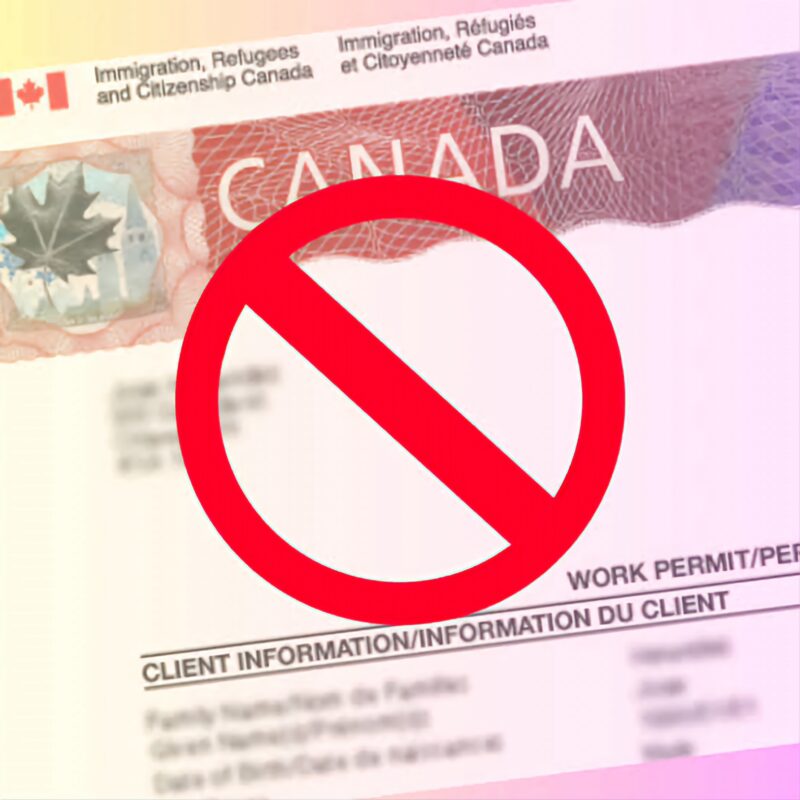New Work Permit Rules Leave Thousands of International Graduates Without Work Permits, Sparking Debate Over National vs. Local Labor Needs
Canada’s new post-graduation work permit (PGWP) regulations, introduced in November 2024, could disqualify thousands of international graduates who pursued studies outside designated fields. Out of 105,030 work permits issued this year, around 67,000 graduates—predominantly from colleges—may not qualify under the new rules, which mandate specific fields of study for eligibility.
Thousands of Business and Arts Graduates Affected
New data from The Toronto Star indicates that about 64% of the 105,030 work permits were issued to college graduates, with business majors making up 42%, STEM 37%, and computing/IT 16%. Skilled trades accounted for just 1%. However, under the new rules, only graduates from specific fields—such as agriculture, healthcare, science, STEM, skilled trades, and transportation—will be eligible for work permits. Graduates with a study permit issued before November 2024 can still apply under the previous rules.
University Graduates Exempt
University graduates from degree programs remain exempt from these restrictions, meaning they will still qualify for three-year PGWPs regardless of their field of study.
IRCC Releases New List of 966 Approved Programs
The Immigration, Refugees and Citizenship Canada (IRCC) has published a list of 966 eligible academic programs across five broad categories. This list aligns with projected labor shortages, although the criteria used to select programs remain unclear. An IRCC spokesperson said the policy reflects input from various stakeholders, including provincial and territorial partners.
Education Sector Pushes Back
The new regulations have drawn criticism from education leaders. Marketa Evans, President and CEO of Colleges Ontario, expressed concern in an open letter to IRCC Minister Marc Miller, highlighting a “lack of consultation with provinces” and questioning the use of national labor data to guide policy impacting local employers.
Pari Johnston, President & CEO of Colleges and Institutes Canada, echoed these concerns, telling ICEF Monitor that the new regulations overlook local labor market needs by narrowly defining program eligibility.
“Ottawa’s decision to align programs with national needs creates a fundamental disconnect between the pressing needs of local labor markets and the essential contributions of skilled international graduates,” Johnston said.
Implications for Prospective International Students
With these changes, international students eyeing Canada must carefully consider their field of study to ensure work permit eligibility. The new policy is likely to shape decisions for thousands seeking a future in Canada.










Join our Channel...